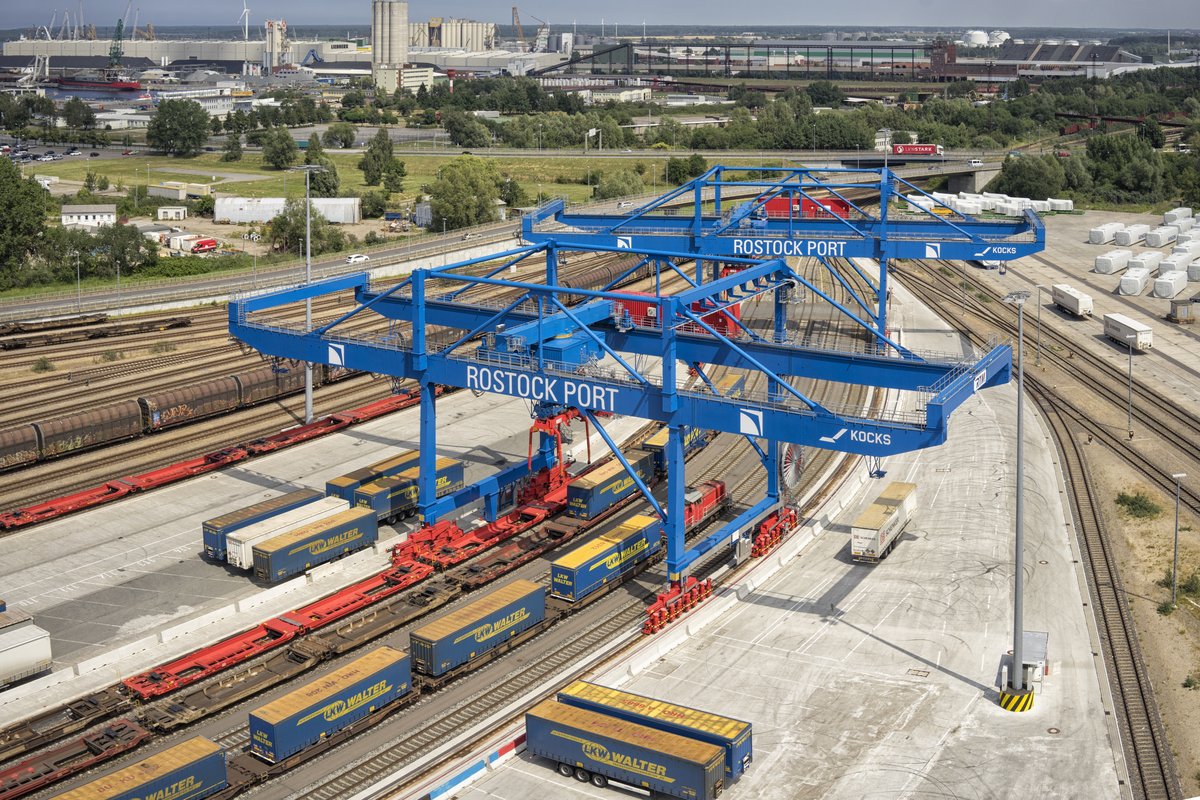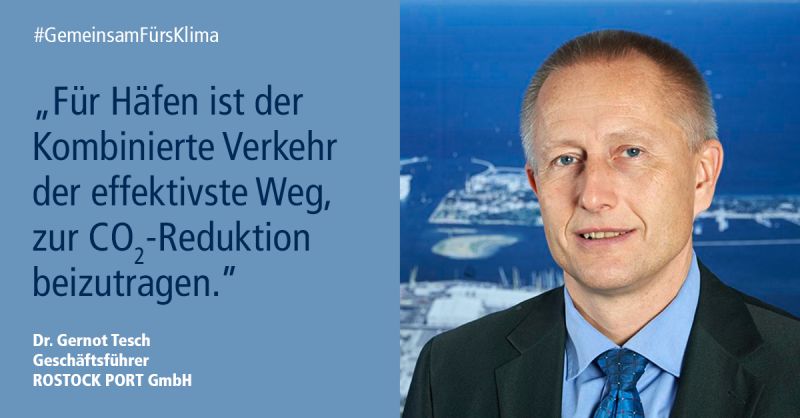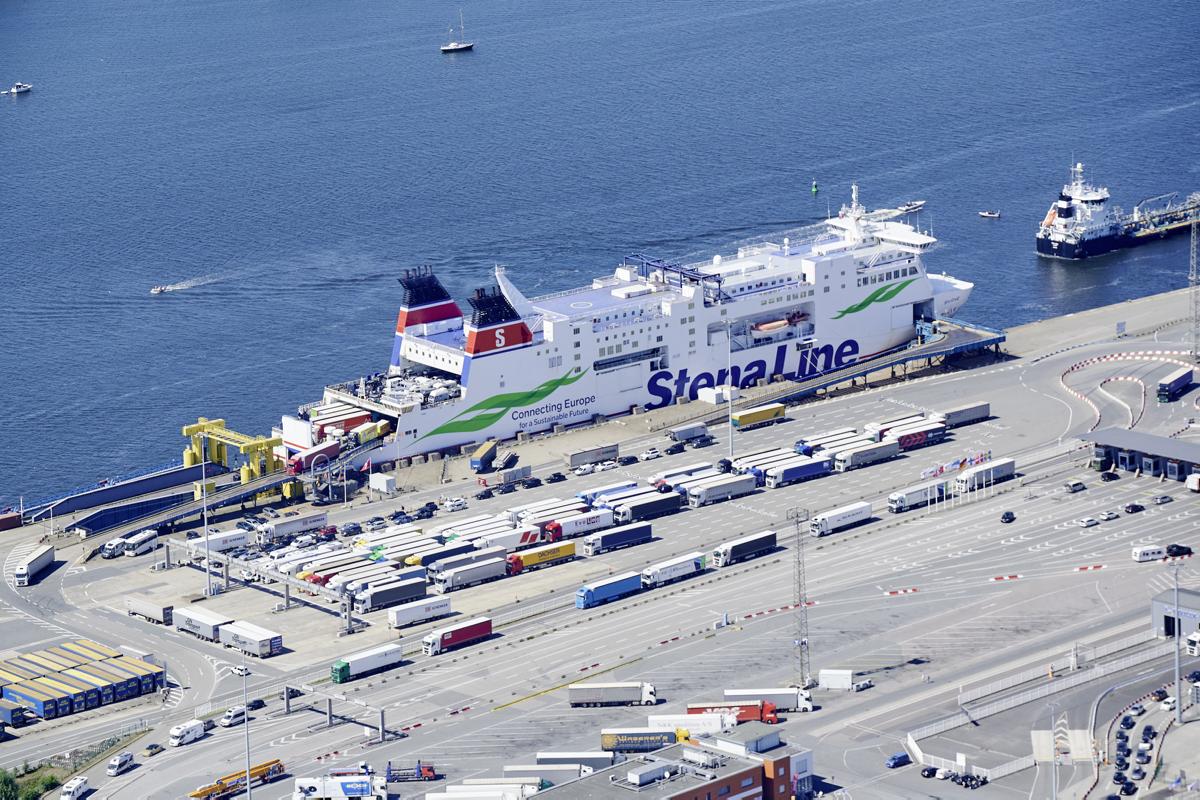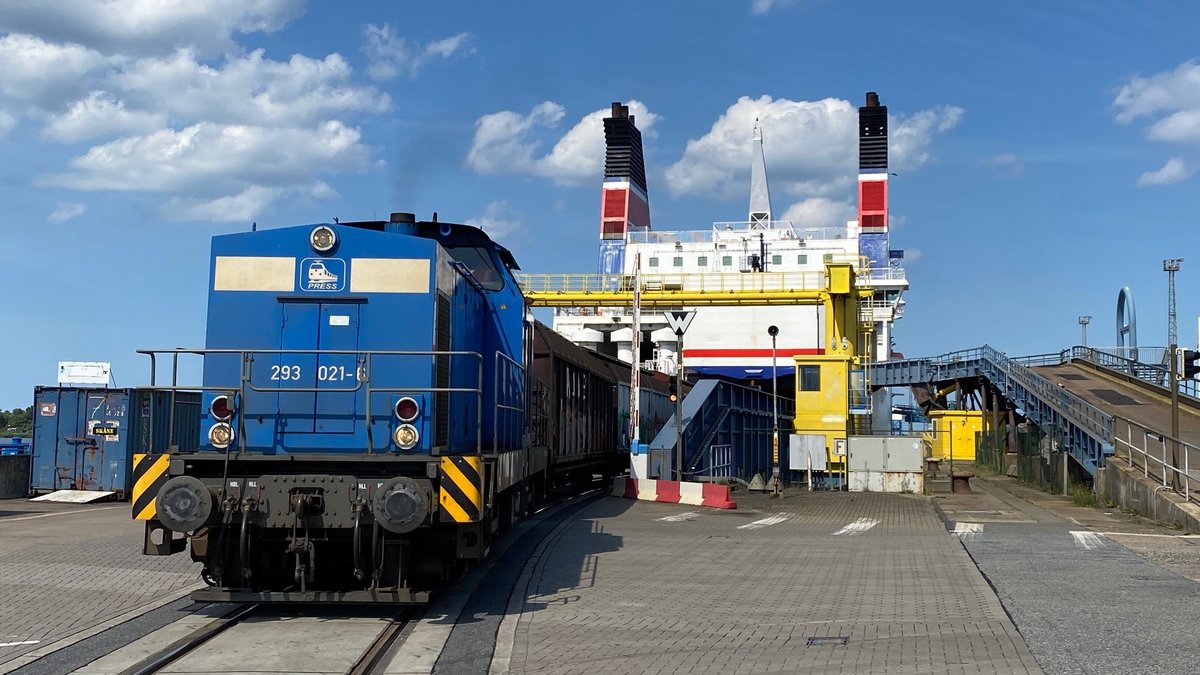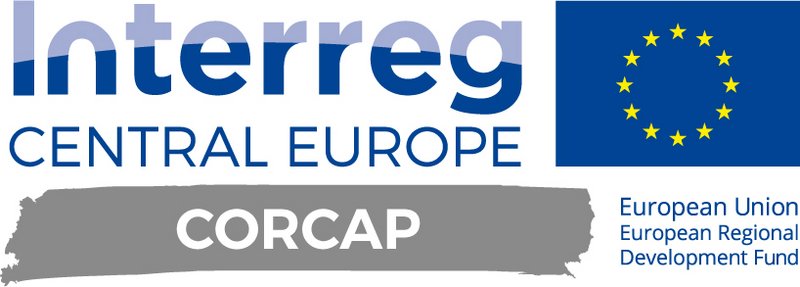
Weitere Beiträge
In rund 16 Stunden von Rostock nach Karlsruhe und v.v.
Erweiterung Rostocker KV-Netzwerk nach Baden-Württemberg In rund 16 Stunden von Rostock nach Karlsruhe und v.v. Seit Mitte Juli 2024 verbindet…
Ich bin #KV Botschafter, …
Ich bin #KV Botschafter, … “… weil der Kombinierte Verkehr den effektivsten Weg für Häfen darstellt, zur CO2-Reduktion beizutragen und…
CargOn the Docks
CargOn the Docks – Stena Line und Partner stellen Schiene-Schiff-Kombination in den Mittelpunkt Von der Schiene aufs Wasser – im…
EU fördert Maßnahmepaket im Fähr- und RoRo-Bereich des Überseehafens Rostock
EU fördert Maßnahmepaket im Fähr- und RoRo-Bereich des Überseehafens Rostock Die Europäische Union (EU) fördert aus dem sogenannten Programm „Connecting…

